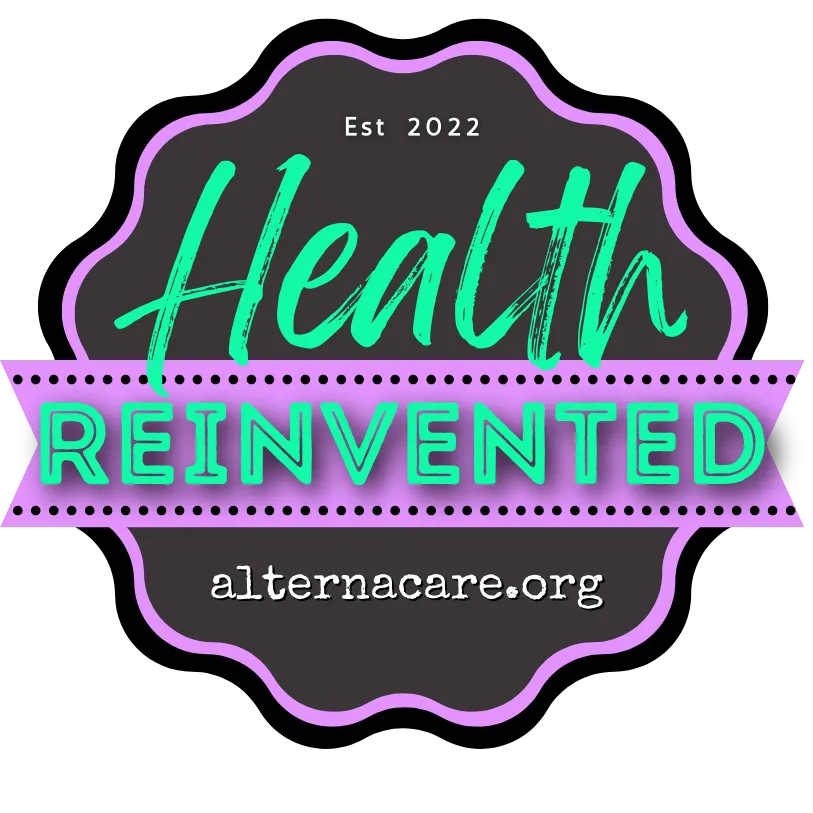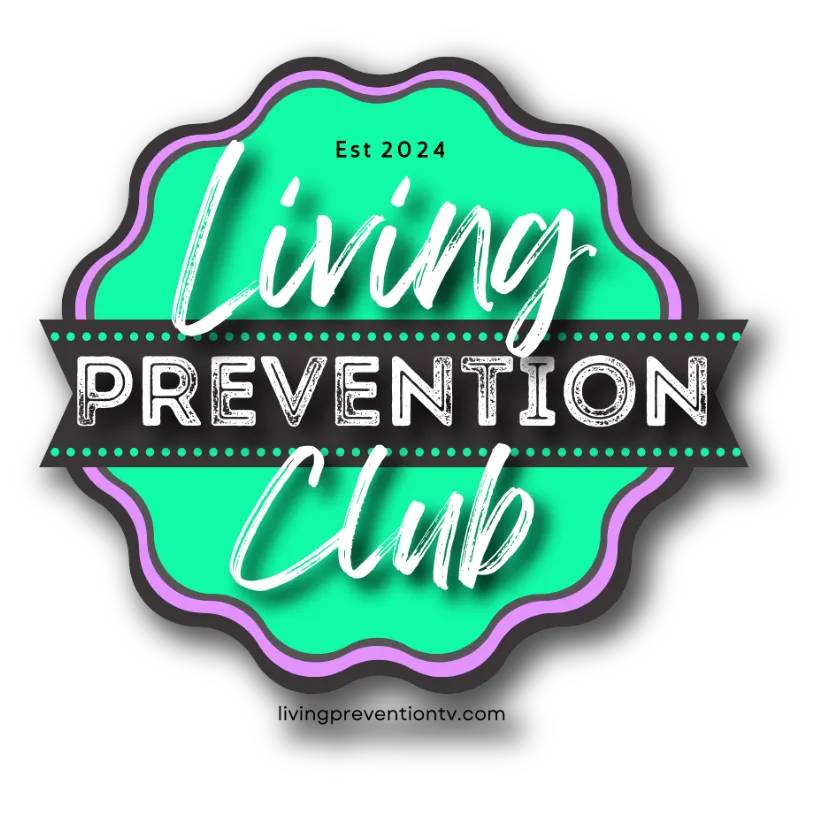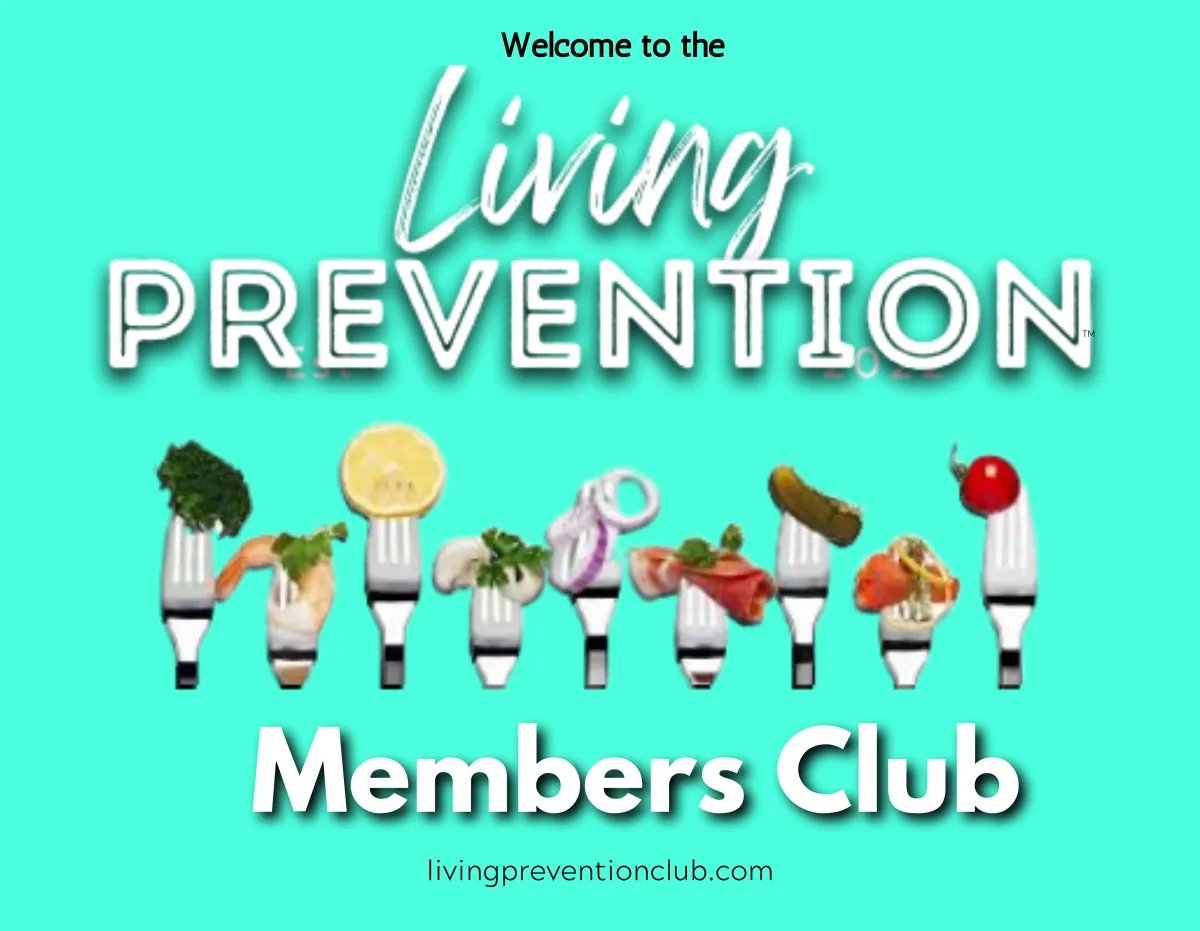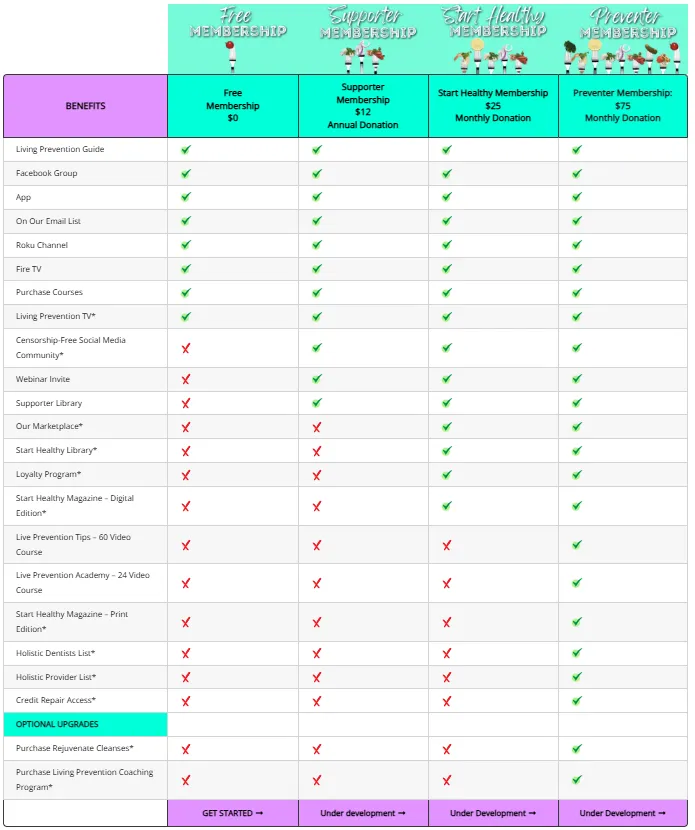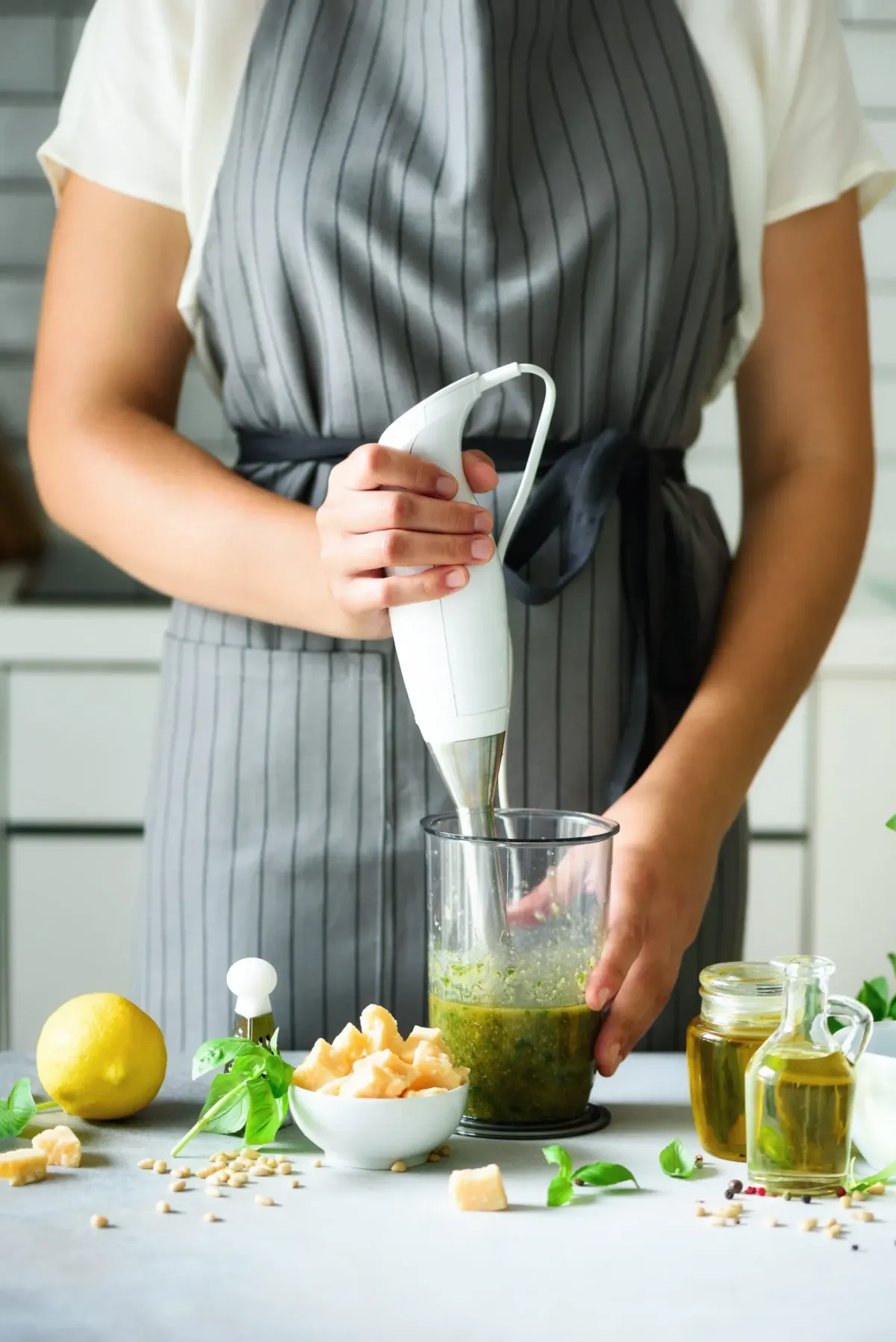Prevention or Prescription?
The Health Choice We All Face
If you're fed up with feeling health confused and see lifetime prescriptions as a trap,...
Welcome to AlternaCare, where people-first solutions for better health are found!
Preventions or Prescriptions-
what's your health choice?
If you're fed up with feeling health confused and see lifetime prescriptions as a trap,...
Welcome to AlternaCare, where people-first solutions for optimal health are found!
Are You Fed Up with the "Healthcare System"?
Is being on lifetime prescriptions not what you want in your healthcare? Does living in fear of disease not your idea of healthcare? Is feeling gaslight over legitimate health issues not what you want more of?
If yes, we agree, it's time for a change.
At AlternaCare, we're Reinventing Health through our "Prevention Prescription" platform. You won't hear about it on a pharma tv ad, but it's here and it's where real change for better health starts!
Watch the 2-Minute Video
"Choosing great health is a decision made evident
by daily our decisions in prevention living.."
- Kari Samson
AlternaCare CEO
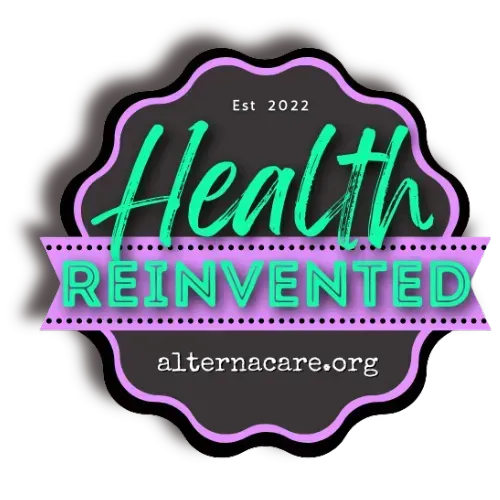
Is Living a Healthy Life Your Goal?...
If you want optimal health but find conventional healthcare - (medicine, insurance, pharma ) - not aligned, you’re not alone.
Millions see “healthcare” as a system exploiting people by profiting from treatments, not cures. The ugly truth is exposed in U.S. Senate hearings on the “Corruption of Science.”
So What's the Answer?
You want answers — you deserve them.
You want honesty — you deserve nothing less.
You want health results — it’s time to live them.
You’ve lost trust in the system - we understand......
Prefer to Learn by Webinar?
You Want Answers - NOT Prescriptions...
It's Time For Real Change in Health!
Listen to this Podcast
If You're Ready for Optimal Health & Wellness Results...
Empowering people who join us as a Living Prevention member ensures you have the "Prevention Prescription" knowhow to become a health success story!
Click Here to Find Out More...
The Living Prevention
Members Club
Our groundbreaking membership, the Living Prevention Members Club, is for people who want wellness without:
- Astronomical Costs
- Lifetime Prescriptions
- Prescription Side Effects
- Health Confusion
- Healthcare Corruption
Built for health clarity and know-how success, our healthy living membership supports people who want changed health results!
AlternaCare Facts....
10+
years in development
10,000+
hours of research
1,000,000
member goal
"A preventative lifestyle ends the need for lifestyle-caused prescriptions.
And that's how a person gets control of their health, and away from big pharma."
KariE. Samson,
AlternaCare CEO
At AlternaCare, we've invested over a decade researching and sorting health truths from health propaganda.
Our mission is to empower members with health clarity to achieve optimal health results.
Our focus is on:
Preventions NOT Prescriptions....
Clarity NOT Confusion....
Facts NOT Fraud....
The Living Prevention Members Club delivers:
Access to Life-Changing Education:
Our go-at-your-own-pace self-guided memberships simplify health by using daily vocabulary.
Unbiased Insights:
Ensuring you have truths to achieve wellness means filtering health facts from health propaganda.
Supportive Community:
As a Private Membership Association, we are a safe space by providing connection, free speech, education, healing, coaching, and support for living optimally.
Membership Options:
With four membership options, we meet you where you are financially, leaving no one out.
Fast Track Results Coaching:
Members can fast-track results to improved health through Preventer Membership & Coaching for maximum results in minimum time. Click HERE.
Our Principles

Empowering
People
Ensuring members know how to achieve health results, the Living Prevention Members Club is a people-focused community for optimal wellness.

Community & Connection
As a Private Membership Association, (PMA) we support free speech and have zero tolerance for trolls.

Membership
Options
With four membership options, we meet members where they are financially, leaving no one out because of a lack of funds.
Join the Living Prevention Members Club
and Live the "Prevention Prescription" Lifestyle!
The Living Prevention Members Club is built on:
Preventions NOT Prescriptions....
Health Clarity Replacing Health Confusion....
Preventions Replacing Lifetime Prescriptions....
And much more!
The Living Prevention Members Club delivers:
Life-Changing Education:
Our 'go-at-your-own-pace' platform simplifies health by using everyday English. Empowering members instead of intimidating them, is what you'll find.
Unbiased Insights:
Ensuring truth about health and healing are the basis of learning includes, unlearning propaganda and deceptions promoted in the healthcare system. This makes membership, a life-changing experience for health truth.
The Power of Community & Connection:
As a Private Membership Association (PMA), we provide a safe space for connection. We support respectful free speech, and share life-changing health education for optimal health results.
Membership Options:
With four membership options, Free, Supporter, Start Healthy, Preventer, we meet members where you are financially, leaving no one out because of a financial situation.
Fast Track Results Coaching:
Members who want to fast-track their results, choose Preventer Membership with Coaching for maximum results in minimum time.
For Self-Guided Membership - Click Here
For Membership with Coaching - Click Here
The Living Prevention
Members Club Benefits Include:
Simplified, researched, and vetted content
Health and wellness know-how
End health confusion - find answers
Private membership protecting free speech
A supportive, like-minded community
Healthy living built on a prevention-first lifestyle
Prevention guidance and wellness clarity
Member support; self-guided to private coaching
Learn in print, video, and audio formats
Supportive connection as members connect
Find answers - get clarity - live results
Prevention education for optimal wellness
And still more!
Check Out Our Reviews
If You're Ready for Results...Join Us And Be the Change You Want to See!
Improved health starts with learning to live a healthy lifestyle. The Living Prevention Members Club empowers you through learning to become your own health success story!
Ready to Take Action?
Are you ready to be a Living Prevention success story? The Living Prevention Members Club has what you need to improve your health - by improving your health and prevention know-how.
Now is Your Chance to Join Us
Enrollment in the Living Prevention Members Club is available for a limited time. Don't miss your chance to join us by being a member-donor, today!
Phase 1: 2026 Health Reinvented - The "Prevention Prescription" is the foundation of the Living Prevention Members Club. It's time to live empowered with living prevention-first know-how. This is how change starts.
Phase 2: 2027 Healthcare Reinvented - Empowering members with technology that resolves many root causes of health issues, ends the 'whack-a-mole' in medicine. This member-exclusive upgrade builds on the efficacy of Living Prevention Preventer membership.
Phase 3: 2028 Health Insurance Reinvented - Combining Phases 1 & 2 with our cost share, is how a member community can share the large health cost management issues members face in this exclusive option. Built on holistic primary care with allopathic medicine for emergencies, is the complete ecosystem of wellness.
AlternaCare Donations
Make a REAL Difference!
Donations to AlternaCare ensure we have the financial resources to develop more historic holistic innovations for people and companies ready for real change!
AlternaCare Corporate Donors Help Us - Help All of Us!
Get in touch with us
AlternaCare & Living Prevention are federally registered trademarks, protected and enforceable by law. Any unauthorized use is expressly prohibited and all legal means of protection will be used to protect the integrity of our TM.
+Donations are Tax-Deductible and Non-Refundable
Disclaimer: This website is not a substitute for professional medical advice. There may be risks for some people in reducing/ending prescription use. Always consult a health professional when discontinuing certain medications. The AlternaCare Foundation, its officers, volunteers, and staff are exempt from liability. You assume all risk when making decisions according to your free will in health matters. This site, company, and representatives assume no liability in your personal choices.
Let's Connect!
See our portfolio of websites,
LivingPreventionClub.com
LivingPreventionTV.com
CellibrateWellness.com
KariSamson.com
Copyright © 2025 AlternaCare Foundation, All Rights Reserved
